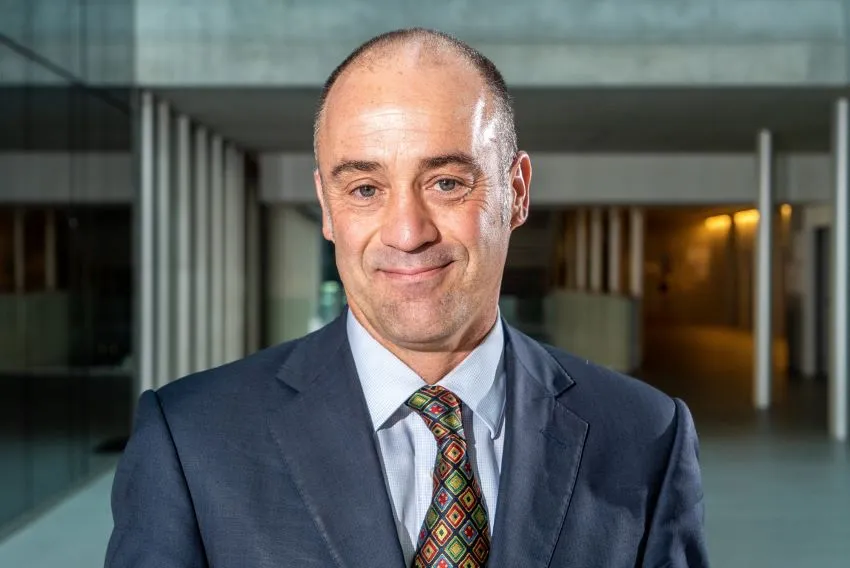
Taking Putin to Court?
'We will leave no stone unturned to hold Putin and his henchmen accountable.' The stirring words of Ursula von der Leyen, President of the European Commission, in July 2023 speak to Europe's leadership of criminal-justice responses to Russia's brutal attack on Ukraine. For eighteen months the European Union (EU), the Council of Europe and individual European states have been at the forefront of efforts to bring to justice those responsible, especially at the highest levels, for what are credibly alleged to be international crimes committed in the context of the conflict – war crimes and crimes against humanity on a massive scale, perhaps even the crime of genocide, and the crime of aggression constituted by the unlawful invasion itself.
European states were instrumental in the March 2022 referral of the situation in Ukraine to the International Criminal Court (ICC), which one year later issued a warrant for the arrest of Vladimir Putin for alleged war crimes. Seven of these states have also combined with Ukraine and the ICC to deploy, with the assistance of the European Union Agency for Criminal Justice Cooperation (Eurojust), a joint investigations team to facilitate both international and national investigations into international crimes in Ukraine. In further support of all such efforts, Eurojust now hosts too the Core International Crimes Evidence Database and the International Centre for the Prosecution of the Crime of Aggression against Ukraine. Additionally, the EU has joined with the UK and the US to form the Atrocity Crimes Advisory Group, which lends technical expertise to improve the capabilities of the War Crimes Unit of the Office of the Prosecutor General of Ukraine.
A separate focus has been a civil-society proposal, backed politically by the Parliamentary Assembly of the Council of Europe but still under discussion, to establish a special international criminal tribunal or internationally-assisted tribunal within the Ukrainian criminal justice system to prosecute the Russian and Belorussian leadership for the crime of aggression, which falls outside the jurisdiction of the ICC in this instance.
The moral and practical leadership shown by Europe in these ways is a fitting response to the revulsion and anger felt across the continent at the horrors visited on the Ukrainian people by ordinary Russian soldiers, their military commanders and those in charge of their country and its Belorussian satrapy. At the same time, it presents challenges both legal and political.
Legally, the prosecution of the sitting head of a foreign state before a national or international court without the express or implied consent of that state is difficult to justify in the light of the immunity from prosecution by other states from which that head of state benefits under international law. The same goes for the prosecution of any serving or former foreign state functionary, including ordinary soldier, in respect of acts performed on behalf of the state. That said, some European states claim that the latter is not the case in respect of alleged international crimes, while the ICC has held, albeit unconvincingly, that even the former is not so for an international criminal court. The fact remains, however, that Russia cannot be legally compelled to surrender suspects to either a foreign or international criminal court. While this does not prevent prosecution in absentia before a Ukrainian or other national court, it bars the trial of Putin and others before the ICC.
Politically, the establishment an international tribunal specifically to try Putin and others for the crime of aggression would smack of selectivity, even hypocrisy, given the US-led invasion of Iraq in 2003, NATO's military campaign against the Federal Republic of Yugoslavia in 1999 and other manifest yet unpunished violations of the UN Charter.
The wisest course of action for the EU and European states for now would be simply to continue to support and cooperate in the collection, preservation and sharing of evidence, including with the ICC, of international crimes in the context of the war in Ukraine and to continue to help to build capacity to prosecute such crimes at the national level, especially in Ukraine. The future is unknowable, but it is prudent to be ready for favourable twists of fate.